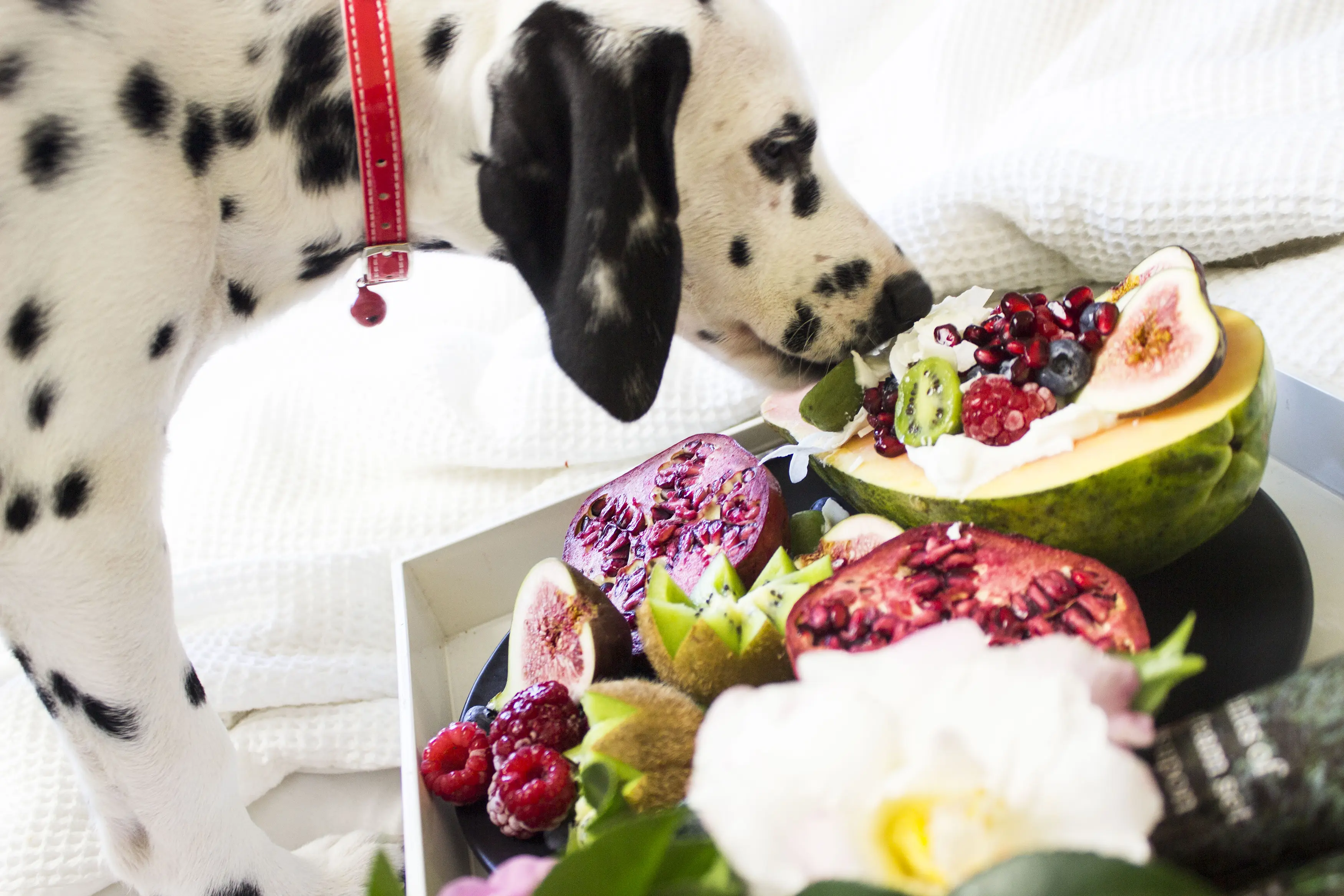
Aunque la comida para perros está diseñada para proporcionarle todos los nutrientes esenciales que necesita, esto no significa que su compañero canino no pueda disfrutar de vez en cuando de algunos de sus alimentos favoritos. Si se pregunta qué alimentos humanos son seguros para los perros, he aquí una guía práctica que le ayudará a decidir qué compartir con su peludo amigo.
Fuentes proteínicas seguras para los perros
1. Carne y aves
- Carne de vacuno: La carne de vacuno magra y cocida es una gran fuente de proteínas para los perros. Favorece la salud del pelaje, los músculos y el sistema inmunitario.
- Hígado: Repleto de nutrientes, el hígado es una golosina nutritiva en pequeñas cantidades.
- Cordero: El cordero cocido es otra buena opción proteica; sólo hay que asegurarse de que no tenga huesos ni grasa.
- Pollo y pavo: Estas carnes blancas son seguras cuando se cocinan y se sirven al natural. Retire la piel y los huesos para evitar riesgos para la salud.
- Gambas: Los camarones completamente cocidos y sin condimentos pueden ser un manjar especial alto en proteínas.
2. Pescado
- Salmón y atún: Ricos en ácidos grasos omega-3, estos pescados son beneficiosos para la piel y el pelo de tu perro. Sírvelos siempre cocidos y sin condimentos para evitar problemas de salud.
Nota: Cocine siempre bien la carne y el pescado para eliminar el riesgo de infecciones bacterianas. Los huesos de las aves y el pescado pueden astillarse y causar daños graves, así que retírelos antes de servirlos.
3. Evite los condimentos
Los condimentos pueden causar problemas digestivos en los perros. Si prepara comida para su mascota, reserve una porción sin especias ni condimentos.
4. Evite ciertos ingredientes
Evite los platos que contengan cebollas, ajos, chalotas, cebolletas o puerros. Pueden provocar en los perros una enfermedad peligrosa llamada anemia hemolítica. La cebolla y el ajo en polvo son especialmente potentes y deben evitarse estrictamente.
Verduras seguras para los perros
Muchas verduras son seguras y saludables para los perros. He aquí algunas opciones aptas para perros:
- Pimientos: Repletos de vitaminas y antioxidantes.
- Brócoli y coliflor: Se pueden dar en pequeñas cantidades porque pueden provocar gases.
- Coles de Bruselas: Pueden ser un tentempié nutritivo si se dan con moderación.
- Zanahorias: Excelentes crudas o cocidas, son estupendas para los dientes y la salud general del perro.
- Judías verdes y guisantes: Sírvelos cocidos y al natural; son bajos en calorías y nutritivos.
- Boniatos: Cocidos y sin piel, son ricos en fibra y vitaminas.
- Calabacín y apio: Buenos para la hidratación y bajos en calorías.
Nota: Ten cuidado con verduras como el brócoli, la coliflor, las coles de Bruselas y el repollo, ya que pueden provocar hinchazón y gases. Introdúzcalas gradualmente y observe cómo reacciona su perro.
Frutas seguras para los perros
Los perros también pueden disfrutar de una gran variedad de frutas:
- Manzanas: Quíteles las semillas y el corazón. Las manzanas son ricas en vitaminas y fibra.
- Plátanos: Son una golosina dulce rica en potasio.
- Bayas (arándanos, fresas, etc.): Llenas de antioxidantes, las bayas son un tentempié seguro y delicioso.
- Melones (melón cantalupo, sandía): Hidratantes y bajos en calorías. Retire las semillas y la corteza antes de dárselos.
- Mangos y melocotones: Quíteles el hueso para evitar el riesgo de asfixia.
- Piña: Una delicia tropical, pero quítele la dura piel exterior.
- Calabaza: La calabaza cocida puede facilitar la digestión y es rica en nutrientes.
Nota: Pele siempre frutas como las naranjas, y retire las semillas y los huesos de frutas como las sandías y los melocotones para evitar riesgos para la salud.
Huevos y lácteos
1. Huevos
- Cocidos o revueltos: Los huevos son una buena fuente de proteínas y diversas vitaminas. Sírvelos cocidos y sin ningún ingrediente añadido.
2. Lácteos
- Leche: Un poco de leche puede estar bien, a menos que su perro sea intolerante a la lactosa, lo que puede causarle problemas digestivos.
- Yogur: El yogur natural sin azúcar puede ser una buena fuente de probióticos. Evítelo si su perro es intolerante a la lactosa.
- Queso: Los quesos bajos en grasa, como la mozzarella y el requesón, pueden ser golosinas ocasionales. Preste atención a cualquier signo de intolerancia a la lactosa.
Otros alimentos seguros
- Pan: El pan normal en pequeñas cantidades es seguro, pero tiene poco valor nutritivo.
- Frutos secos: Los anacardos y los cacahuetes sin sal pueden darse con moderación. Evite las nueces de macadamia, que son tóxicas para los perros.
- Mantequilla de cacahuete: La mantequilla de cacahuete natural y sin azúcar (sin xilitol) es una de las golosinas favoritas de muchos perros.
- Arroz y quinoa: Ambos son seguros cuando se cocinan al natural y pueden ser una buena fuente de energía.
- Palomitas de maíz: Las palomitas de maíz sin sal ni mantequilla pueden ser una golosina divertida.
En caso de duda, consulte a su veterinario
Cuando piense en añadir nuevos alimentos a la dieta de su perro, siempre es mejor consultarnos. Podemos orientarle en función de las necesidades dietéticas y el estado de salud de su perro.
Conclusión
Compartir comida humana con su perro puede ser una experiencia deliciosa si se hace de forma segura. Si sigue esta guía, se asegurará de que su perro disfrute de una variedad sana y sabrosa de golosinas. Recuerde siempre introducir los nuevos alimentos de forma gradual y observe a su perro para detectar cualquier reacción adversa. Si tiene dudas o preguntas sobre la dieta de su perro, no dude en ponerse en contacto con nosotros.
Esta guía le ayudará a navegar por el complejo mundo de los alimentos seguros para su perro. Disfrute tratando a su amigo peludo de forma responsable.
References:


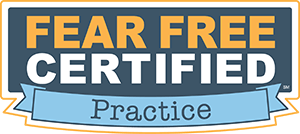

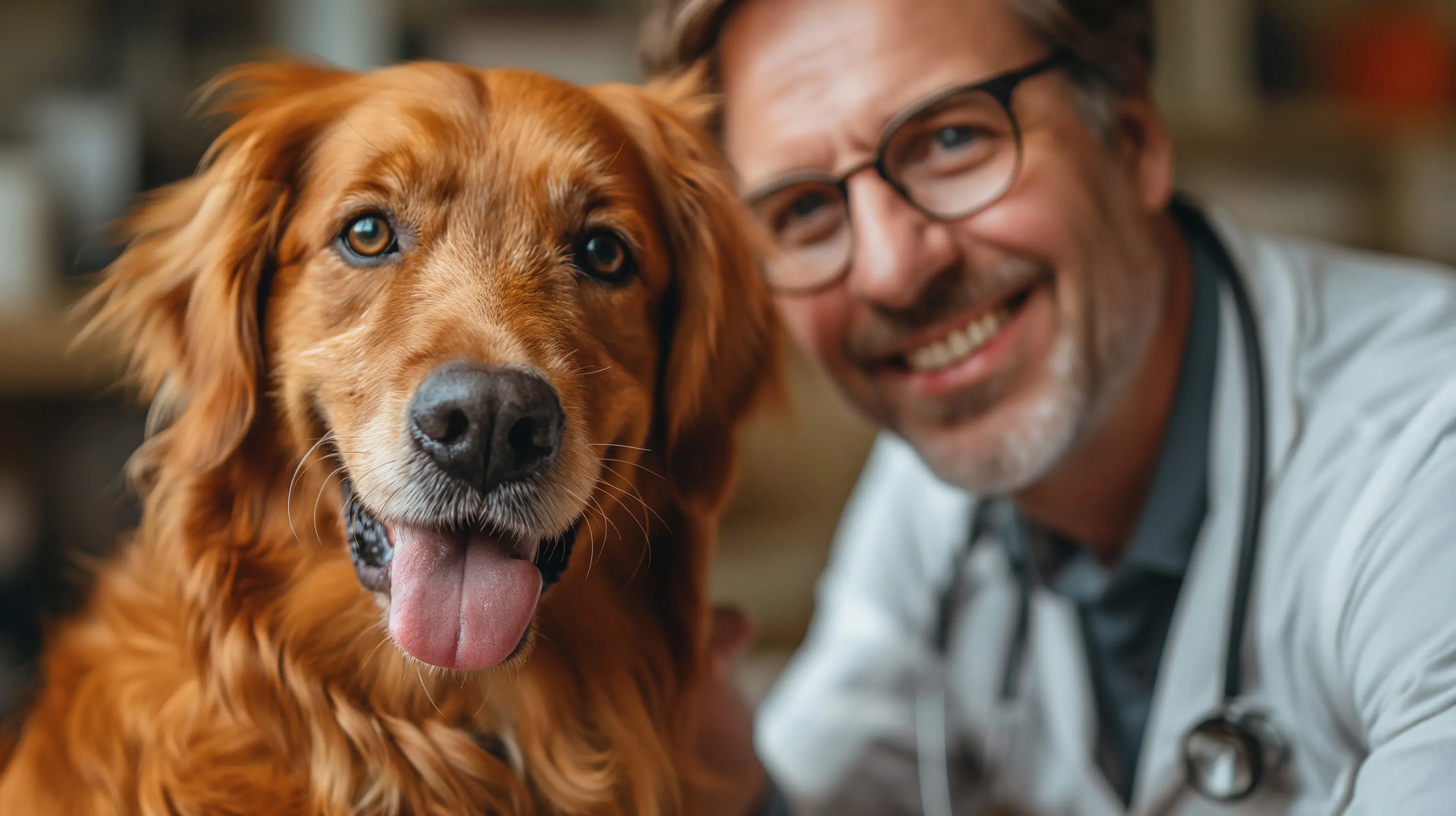
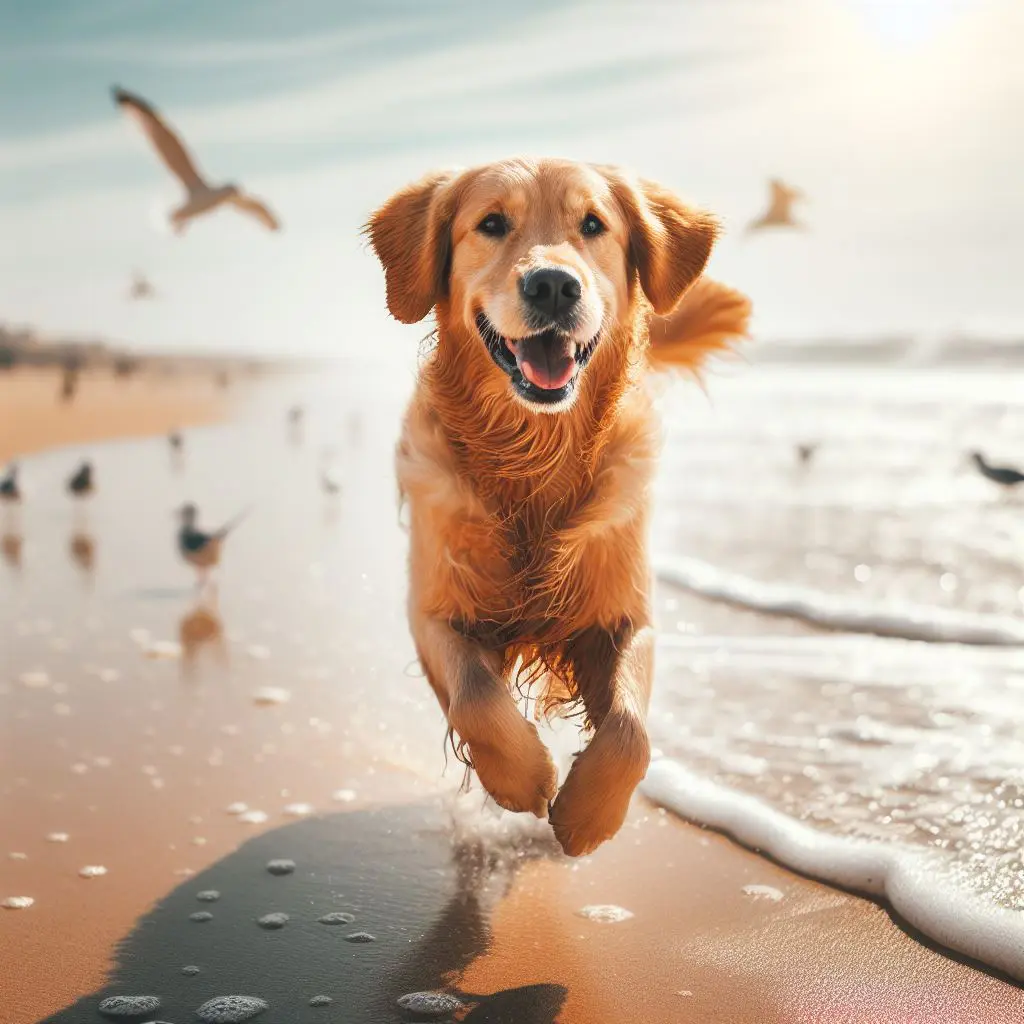

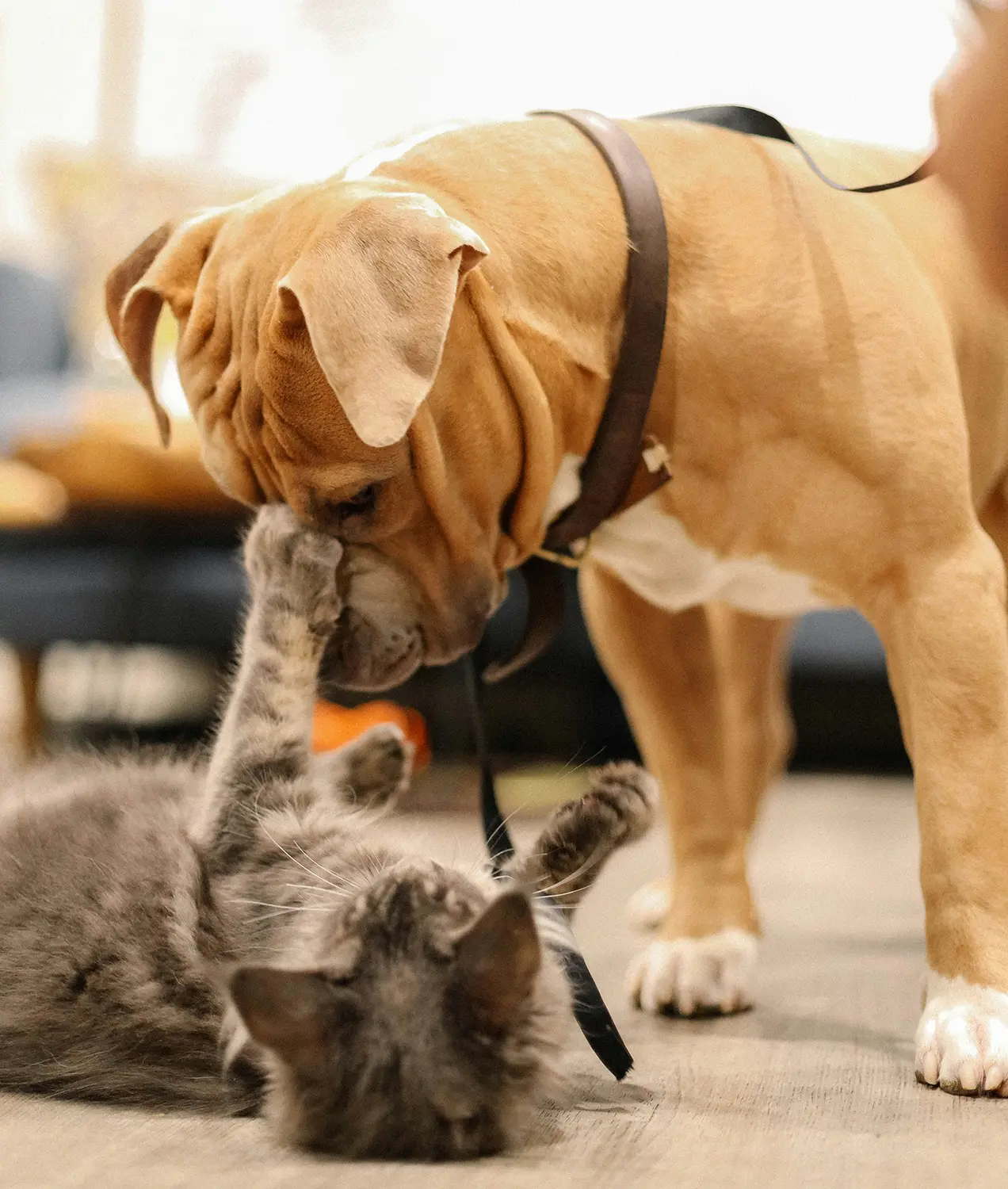
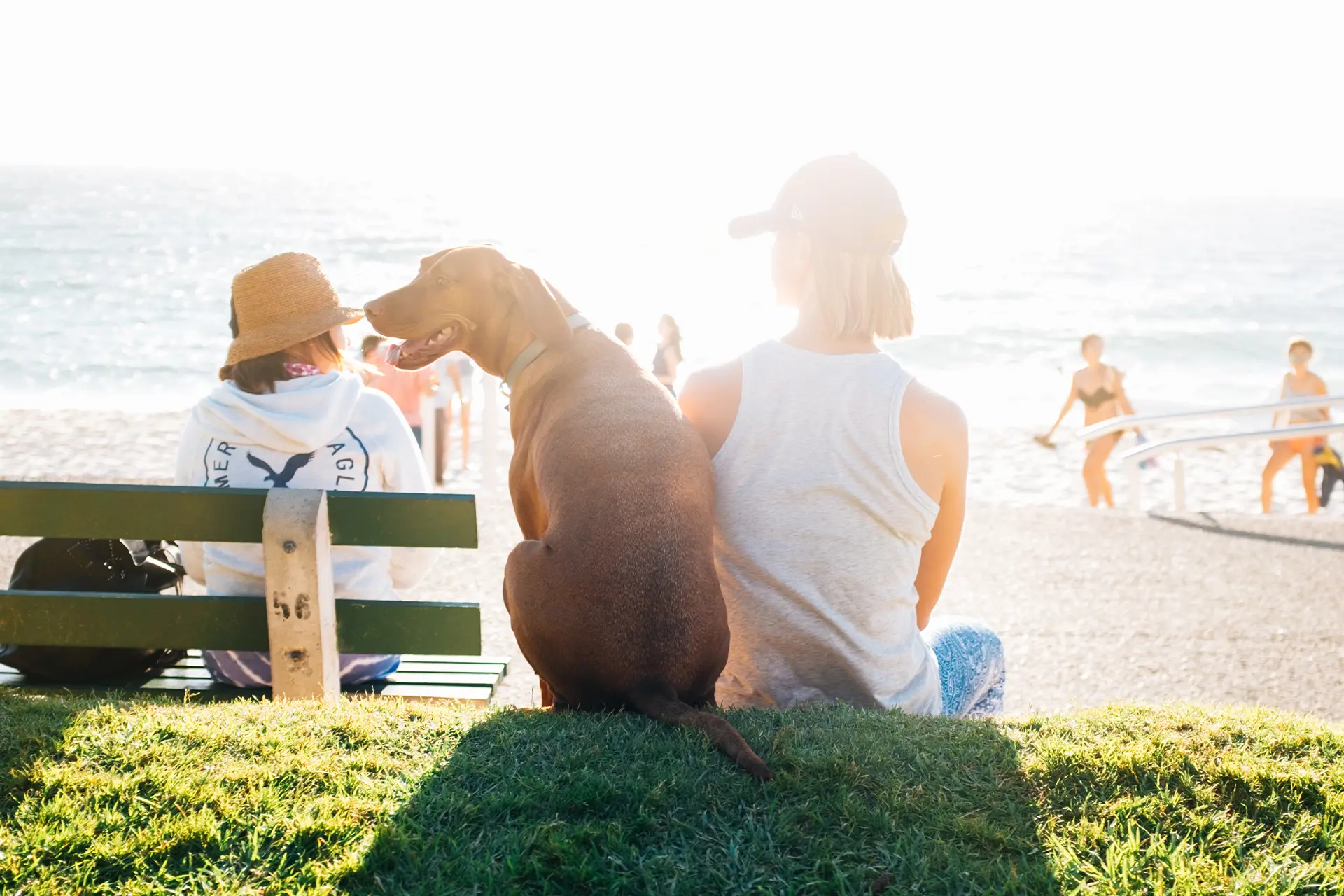
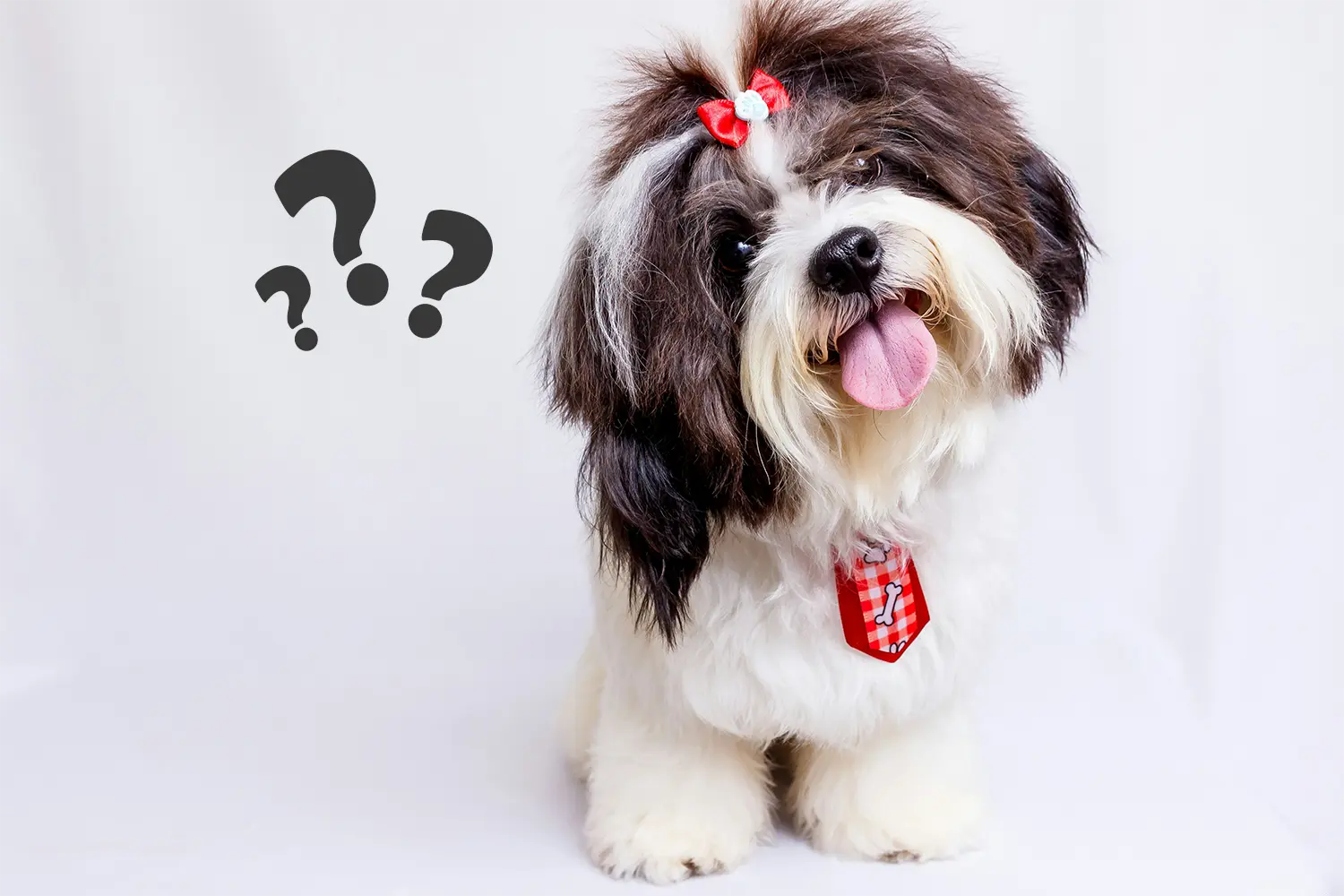
Escribir un comentario
¿Cuál es su calificación general?